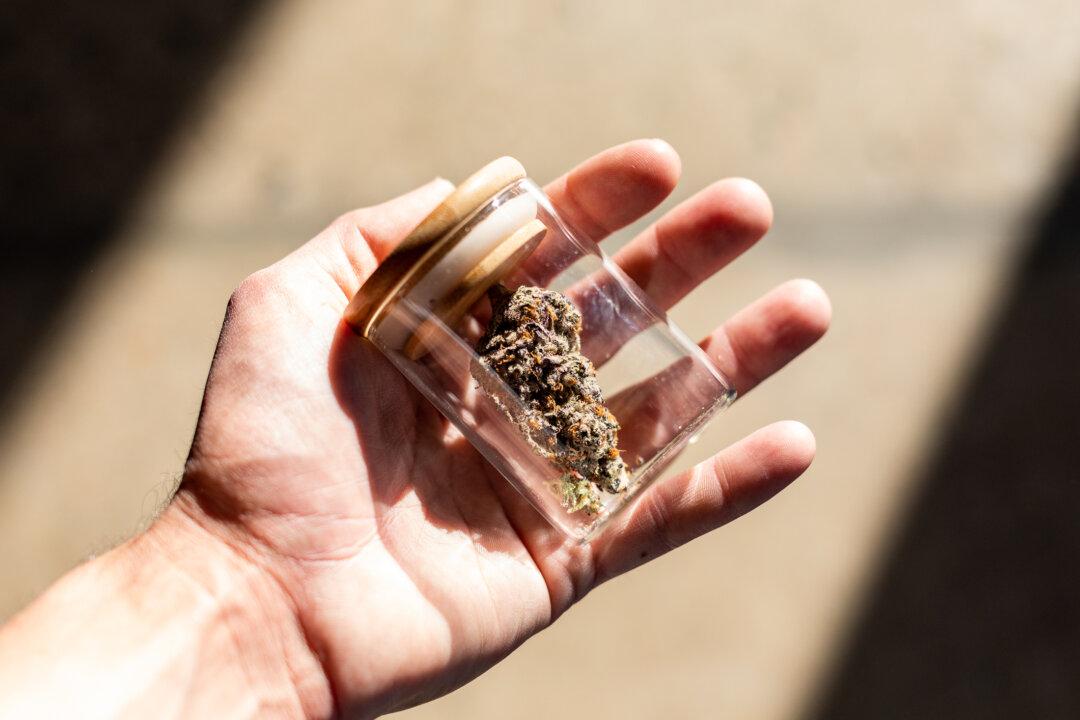When Proposition 64 was passed in 2016 and legalized recreational marijuana use, many Californians celebrated. But five years later, cannabis business leaders are sounding the alarm on taxes hampering the industry, and experts say illegal marijuana grows ran by drug cartels are popping up across the state.
“These trespass[ing] illegal cannabis growers, a majority of them being from cartel groups out of Mexico, are all over California,” Ret. Spec Ops Lt. John Nores Jr. told The Epoch Times. “The problem was how we regulated.”





